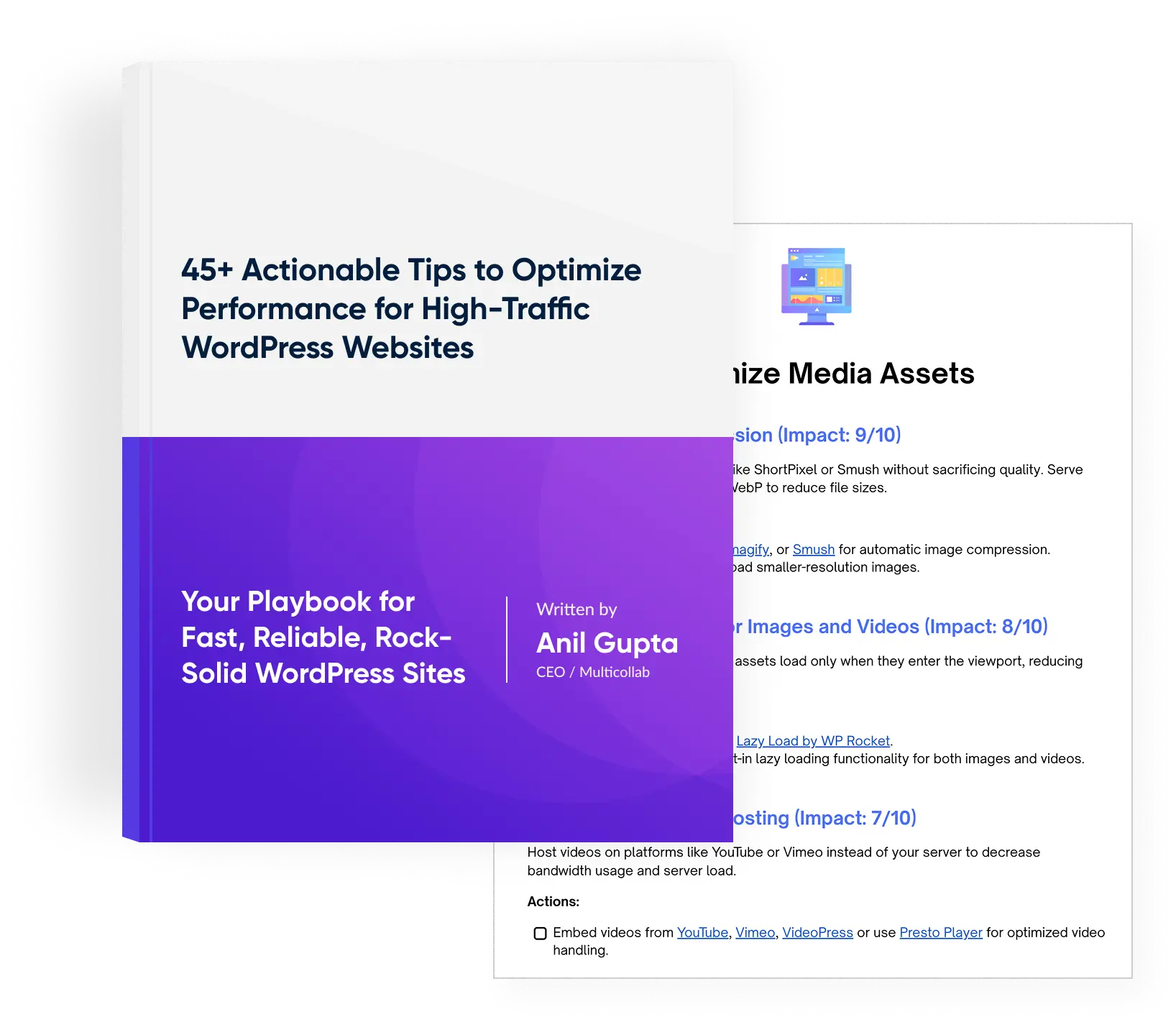Table of Contents
An efficient content publishing workflow is the key ingredient to a streamlined production process.
Imagine, if you will, a situation where you have all your tools and equipment just piled up at your desk, scattered. In any profession, whether you are a journalist who needs to have her research documents arranged in order or a surgeon who depends upon his assistant to come to his aid, there is a flow you need to abide by to do your job efficiently and competently.
When it comes to an editorial workflow, the tools that you use contribute tremendously to your efficiency in performing tasks.
Keeping your flow solid can help when unexpected obstacles surface and throw you off course. If you find your process being frequently redefined, then maybe your publishing workflow is not well suited to meet your current needs. And before you expand your team to take on more tasks, it is better to resolve those issues first.
Here are a few red flags that herald the challenges you will face in your content publishing process-
Using Email for Small Edit Jobs
When you work hard to create engaging content, you ensure you have inputs from multiple team members who specialize in their skill sets. Coordinating with them often leads to a lengthy exchange of emails that are difficult to keep track of. It doesn’t help either that these emails haven’t changed much since their inception.
With plenty of room for misinterpretation that comes with the medium of written communication, there is also a risk of delay in execution because of slow response and updates.
This hampers the content publishing approval process. Writing lots of emails may even prove to be counterproductive at such times.
Recently a study concluded that 60% of people wait at least two days before responding to their email. This accumulated pause in your editorial workflow can throw a wrench in your deadlines, impacting your marketing goals. A one-on-one call may also be challenging when you have a large distributed team on board.
Keeping this WordPress delay publishing in mind, many editorial workflow tools have incorporated the feature of live chat for all team members to participate. They also offer the option to have chat notifications directly sent to the users which facilitates a more collaborative and sufficient workflow. These chat widgets are inbuilt into the content pages before they are scheduled to go live.
Then there are plugins like Multicollab that go beyond just offering a live chat. They allow editing by typing changes directly into the plugin on website pages and posts against the exact components that require revision, like the text, image, or any other media. This makes the process of first typing the content on Google Docs and then pasting them onto your site redundant.
Loosely Defined Roles among Team Members
It is important to clearly define task ownership for all team members before they can start working on any content production process. Setting expectations for each role and outlining the scope of work will allow for a smooth flow of contributions.
Does your current process address these needs?
Are you able to assign tasks to your members such that these are visible to the entire team?
It’s a waste of time to have your members constantly ask, “What’s next?”. This back-and-forth derails the momentum of the project as now the members are forced to cross over to another task while abandoning their current workflow.
Once again, here is the WordPress team collaboration plugin- Multicollab, which lubricates the joints of collaboration with its inline commenting feature. You can assign comments, mention or tag colleagues, and reply to and resolve these comments just like in Google Docs. These comments can be filtered by user, content category, and time stamp.
Thus, there is a reduced need to check with everyone at every stage of content creation. Ownership is visible, which allows members to work independently with confidence in a collaborative environment.
Slow Adaptation to Changes
Once you have decided to repurpose your content, it’s time to have it reconfigured and edited to fit its final presentation template. Often in its original format, the content may not get displayed properly. This small hiccup can, at times, call for a complete redo of your copy and design. Getting everyone on your team to again start from scratch is not an easy task.
Multicollab makes it possible to edit faster with its inline commenting tool. Here members can receive email notifications when they are mentioned in a comment. However, a quick turnaround time for publishing through greater cooperation is only one aspect of this challenge.
The other aspect is the technical component of publishing the content.
Multicollab is a Google Docs-Style Editorial Commenting WordPress plugin that is built into WordPress itself. So when you need to upload directly into WordPress, it’s simply a click away. There is no need to re-edit anything. Your workflow should work with you right from the moment you begin conceptualizing the project to the minute you have uploaded everything.
With the above few issues highlighted here, there are still many challenges that yet remain to be addressed.
Prioritization of tasks and handling huge volumes of requests will still require the skills of a good project manager. However, it’s now easier for him/ her to succeed.
Apart from inline commenting, Multicollab produces advanced reports and offers Slack integration and allows for documents to be attached in the comments. Discover here all the hacks you need to run your next project efficiently and keep it super organized with the powerful new editorial workflow tool that Multicollab is.







